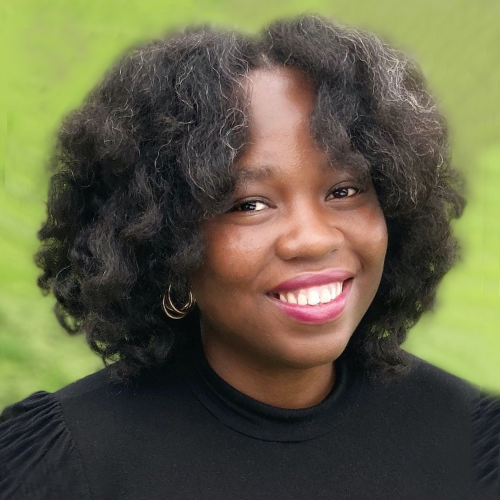Structuring Your Dissertation Committee
An occasional series from the Doctoral Scholars Program on postsecondary topics
In graduate school we are bombarded with decisions. We decide whether to be quantitative, qualitative or mixed-methods researchers, what classes to take, and what topic to expand on for our dissertation. One of the most important decisions we make, though, is deciding which faculty members will sit on our dissertation committee.
Typically, students will begin to form their committee once graduate coursework is complete. This allows them to take classes with different faculty members and build rapport. It is out of these nurtured relationships that students should gather potential committee members. Given the function of the dissertation committee, you should recruit faculty members that you work well with.
Faculty members selected to be on your committee can ease — or make more difficult — the process of completing your dissertation.
Your dissertation committee is like a board of directors voted in by you to supervise your business. They are the ultimate judges on your passing the dissertation phase. They will advise you on your research topic and methods, assess the quality of your written work and provide suggestions, assess your ability to function as an independent researcher during the oral defense and, lastly, give their signatures of approval on your work.
The role which each member fills — chair, content expert, methodologist — should be determined by their expertise and your rapport with them.
Chair: The chairperson will work closest with you; this individual will help you select your dissertation topic, provide feedback and suggestions on your written proposal before it goes to other committee members, and steer you back on track when distractions get the best of you.
The decision of chair should not be made in haste; it should be thoughtful. Consider a faculty member you feel comfortable discussing professional and personal issues with, because sometimes they overlap.
Content Expert: The content expert will thoroughly read your literature review to assess and suggest variables of interest, aid in writing a more comprehensive literature review, gauge research gaps and the significance of your study, and help shape effective research questions.
Recruit a content expert who is well-researched in the topic of your dissertation. If you are studying literacy development in students with dyslexia, then find a faculty member with a research background that fits.
Methodologist: The methodologist pays special attention to everything about methods, from the research design to the statistical approach. Their feedback and suggestions will mainly be related to your methods.
Recruit a methodologist who understands the types of analyses you want to perform. If you want to conduct structural equation modeling, get someone who thoroughly understands that.
Faculty members selected to be on your committee can ease — or make more difficult — the process of completing your dissertation. Here are three things to consider when structuring your committee:
- Personalities – Some personalities play well together, and others do not. You must consider the personalities of your committee members and whether those personalities will work well together. Internal feuds could make your dissertation process difficult.
- Demands – Consider the demands committee members may place on you during the dissertation phase. Ideally, committee members are professors you’ve had in class, so you should be able to gauge their expectations as it relates to the workload they place on students.
- Communication – If the communication sucks when you’re in their class, it is probably going to suck when you place them on your committee. Recruit members who are accessible and easy to communicate with.
If you’ve made it to this phase, celebrate yourself. Remember you’ve made it this far because you’ve earned it.
Precious M. Hardy is currently a Ph.D. candidate in Educational Psychology at the University of Missouri, Columbia. She earned her bachelor’s in psychology from Lincoln University of Missouri and a master’s in educational psychology from the University of Missouri, Columbia. She is a Gus T. Ridgel Fellow, a Graduate Student of Excellence Scholar, an SREB Scholar, and a Center for Advancing Opportunity Fellow. Her research interests center around ethnic and socioeconomic achievement gaps in education with a special emphasis on reading and math gaps.


